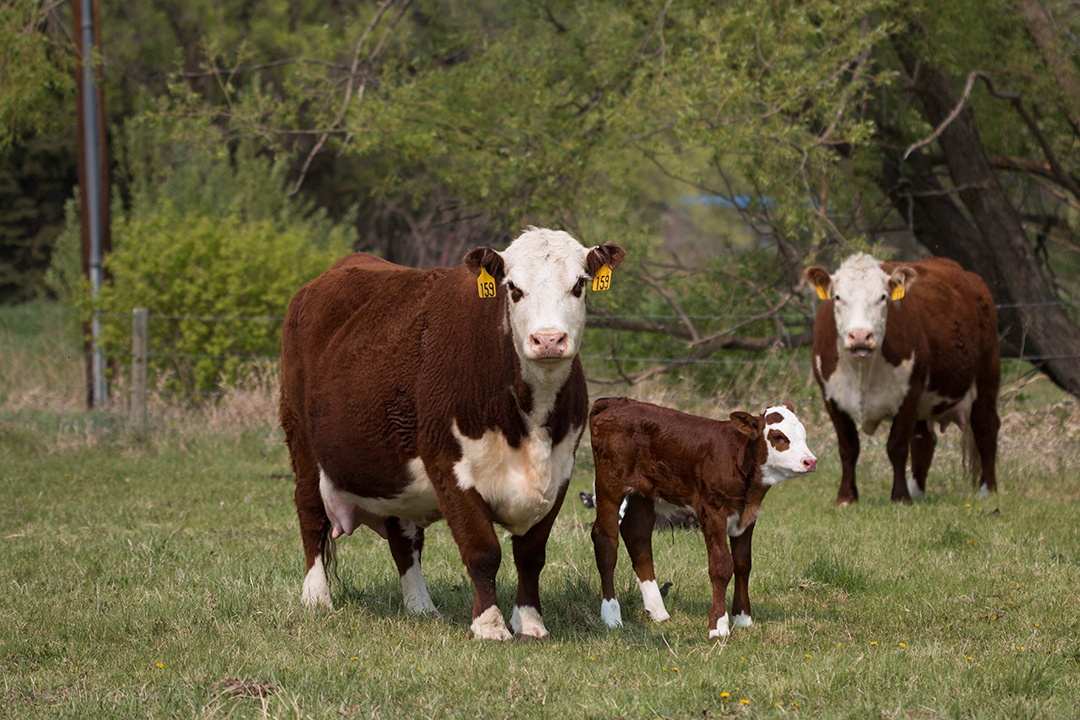
WCVM scientists gain funding for livestock projects
Two research teams involving veterinary scientists at the Western College of Veterinary Medicine (WCVM) have received more than $1.1 million to improve antimicrobial use practices in the beef cattle industry and to enhance animal feed processing.
By WCVM Today | USask Research Profile and ImpactThe livestock-focused funding is part of a $2-million-dollar investment by the federal government and partner organizations in University of Saskatchewan (USask) research.
Five research teams have received $1.08 million from the Natural Sciences and Engineering Research Council of Canada (NSERC) to lead the wide-ranging NSERC Alliance research projects. Partner organizations are also contributing $600,000 in cash and $340,000 of in-kind contributions to the projects.
“This major, partnered investment will support exciting USask research projects that address complex challenges, create environmental and economic benefits, and contribute to Canada’s long-term competitiveness,” said USask Vice-President Research Karen Chad. “These collaborative projects will also train new researchers in areas important to Canada and our partners.”
One project, which received $430,500, is led by WCVM professor and researcher Dr. Cheryl Waldner. She and her research team are working with the Beef Cattle Research Council (BCRC) and Alberta Beef Producers to target antimicrobial use and resistance in the beef industry.
Waldner, the university’s NSERC/BCRC Industrial Research Chair in One Health and Production-Limiting Diseases, will examine recent changes to antimicrobial use and resistance in cow-calf operations. Specifically, Waldner’s team is investigating changes in the use of antibiotics and antimicrobial resistance (AMR) since new federal regulations came into place.
In December 2018, the federal government implemented new regulations that require veterinary prescriptions for the sale of all medically important antimicrobials for use in food animals.
The team’s research findings will inform beef industry stewardship practices that minimize antimicrobial resistance, support environmental sustainability, and protect public health, animal health and animal welfare.
WCVM associate professor Dr. Matthew Loewen and biochemist Michele Loewen of the University of Ottawa are teaming up with the Western Grains Research Foundation, Saskatchewan Pulse Growers, and Botaneco Inc. for a project that’s focused on using biotechnology to make animal feed processing cheaper and more efficient.
The team, which received $697,000, will use advanced biotechnologies to tweak the chemical structures of two enzymes that are important for removing bitter-tasting tannins from animal feed. The results will lead to more efficient and cheaper bioprocessing, yielding more palatable and safer animal feeds.
Other USask research teams that received funding include two other ag-focused projects: one group is using nanotechnology to control microbial contamination in eggshells, while another team is investigating new ways to make soil management smarter.
Click here to read the original USask news release.
